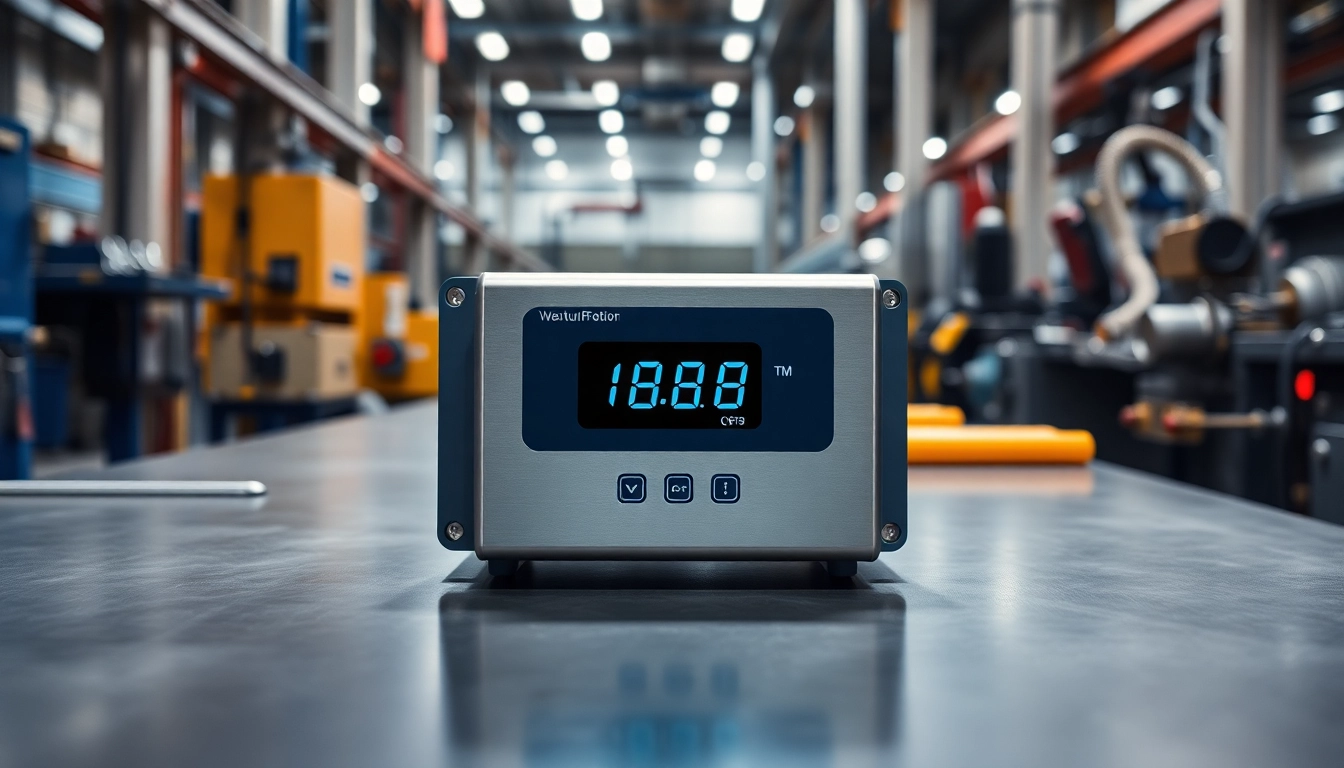Overview of the Mould Temperature Controller
What is a Mould Temperature Controller?
A Mould Temperature Controller (MTC) is a critical piece of auxiliary equipment in modern industrial manufacturing, particularly in processes such as injection molding. It is designed to regulate the temperature of molds, ensuring consistent product quality and minimizing defects that arise from temperature fluctuations. The Mould Temperature Controller developed by Topstar stands out as a fourth-generation innovation that meets the evolving needs of manufacturers looking for efficiency, reliability, and performance.
Key Features and Specifications
The fourth-generation mold temperature controller is robust, equipped with several innovative features that are crucial for enhancing operational efficiency:
– Fast Heating: The controller can heat molds quickly, drastically reducing the time from setup to production.
– Stable Temperature: It maintains a consistent temperature, essential for high-quality output and precise product specifications.
– Low Water Leakage: Designed to prevent any water leaks, reducing the risk of equipment damage and downtime.
– High Accuracy: With a temperature control accuracy of ±0.1℃, it ensures that even the slightest temperature changes are accounted for, directly influencing the quality of the manufactured parts.
– Increased Lifespan: This model boasts a 40% longer service life compared to previous generations, allowing manufacturers to reduce replacement costs and downtime.
Importance in Modern Manufacturing
In the scope of modern manufacturing practices, precision is non-negotiable. The introduction of the fourth-generation Mould Temperature Controller not only addresses the common challenges faced in temperature control during injection molding but also advances the industry’s shift towards intelligent and digital manufacturing solutions. The ability to enhance production efficiency while minimizing waste is a game-changer for manufacturers who are continually pressed to improve their bottom lines.
Innovative Technology Behind the Fourth-Generation Controller
PID Temperature Control Algorithm
At the heart of the fourth-generation mold temperature controller is the Proportional-Integral-Derivative (PID) temperature control algorithm. This advanced technology allows for dynamic adjustments to maintain the desired temperature. By continuously calculating the error between the desired setpoint and the process variable, the PID algorithm predicts future errors and adjusts the controller accordingly. This results in higher temperature stability and a 10% improvement in temperature control efficiency.
Solid-State Relay Advantages
The use of solid-state relays (SSRs) in this mold temperature controller marks a significant upgrade from traditional mechanical relays. SSRs enhance reliability and speed due to their lack of moving parts. With a response time of just 0.1 seconds, they minimize delays in temperature adjustments. In tandem with the PID control algorithm, SSRs provide increased product yield by ensuring temperature fluctuations are tightly controlled within ±0.1℃.
Heat Medium Recovery Technology
Another groundbreaking feature is the implementation of heat medium recovery technology. This innovation allows for the complete replacement of residual medium in the mold with high-pressure gas. This method is instrumental in preventing mold damage and enhances product yield by avoiding material waste. As a result, manufacturers can achieve a better overall product quality while also reducing operational costs.
Improving Efficiency with the New Design
Reduced Mold Change Times
Traditionally, the process of changing molds is cumbersome and often leads to significant downtime. The fourth-generation controller eliminates much of this inefficiency with its forced cooling and timed power on/off functions. By reducing mold temperature to a manageable level in about ten minutes, manufacturers can change out molds much faster. Preheating molds an hour ahead of time provides an additional 10% efficiency boost, significantly improving production workflows.
Temperature Accuracy and Stability
Temperature stability is paramount in the manufacturing sector, affecting everything from product quality to machine performance. The Mould Temperature Controller ensures outstanding temperature accuracy thanks to advanced engineering and components designed for peak performance. This stability translates into numerical precision in manufacturing, yielding consistent products and fewer defects caused by temperature-related issues.
Durability and Maintenance Benefits
Durability is a hallmark of the fourth-generation mould temperature controller. The adoption of upgraded materials such as a copper heater enhances the unit’s resilience against impurities and scaling. Copper’s excellent ductility and thermal conductivity ensure long-lasting performance, providing users with a machine that stands the test of time. Furthermore, the equipment includes a high-precision 50-mesh filter and an optional precision filter that effectively screens out impurities from the circulating medium, thereby reducing maintenance requirements.
Applications Across Industries
Injection Molding
A primary application for the mould temperature controller is within the injection molding sector. The ability to maintain ideal temperatures directly influences the quality and strength of molded components, thereby making this controller invaluable for manufacturers striving for excellence in production.
Metal Forming
In metal forming processes, temperature control is equally crucial. Mould temperature controllers facilitate the efficient shaping of metal components and help to avoid unwanted warping or defects caused by inconsistent temperatures. They support precision in processes such as die casting and sheet metal forming.
Food Processing Equipment
Food processing demands strict adherence to health and safety standards, making temperature regulation critical. The Mould Temperature Controller ensures that machinery operates within safe temperature ranges, preventing food spoilage and ensuring high-quality production standards.
How to Choose the Right Mould Temperature Controller
Assessing Your Industry Needs
The choice of a mould temperature controller greatly depends on an individual company’s production requirements. It is crucial to assess the specifics of your manufacturing process, including the types of materials used and required temperature accuracy, to ensure the selection of a unit that meets all operational demands.
Comparing Features of Available Models
Manufacturers should evaluate the features of various models available on the market. Considerations should include heating capacity, temperature accuracy, energy efficiency, and maintenance requirements. The fourth-generation Topstar model stands out in these areas and should be given special consideration.
Understanding Installation and Support Options
Finally, it is vital to understand the installation and after-sales support offered by suppliers. Look for manufacturers that provide comprehensive installation guidance, operational training, and robust customer support to ensure that your investment in a mould temperature controller will yield the best possible results.





Leave a Reply